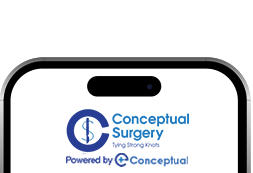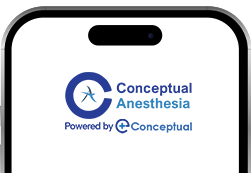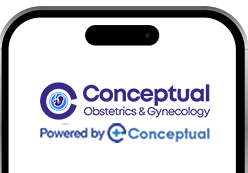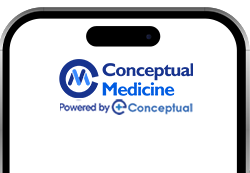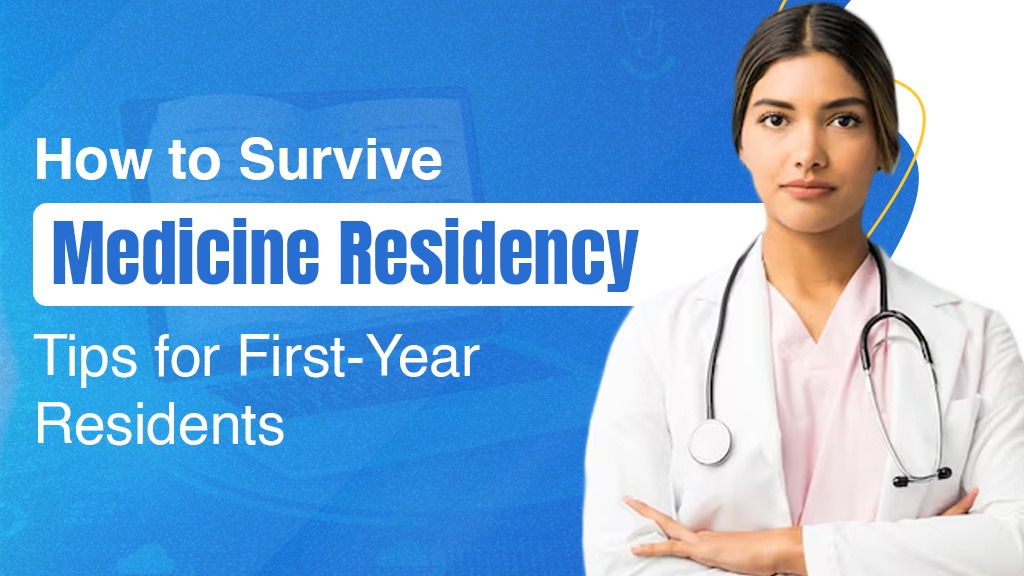
Estimated reading time: 4 minutes
Beginning your medicine residency program can be intimidating. The shift from medical school student to junior resident physician introduces new roles, extended hours, and steep learning curves. Your 1st year of residency is generally known for getting used to residency life. It sets the stage for your profession as a medical doctor and defines your identity as a residency physician.
The following are some important tips that will enable you not only to survive:
1. Prioritize and Organize
Time is crucial when doing a first-year residency. You will have ward rounds, patient, academic duties, and emergency responsibilities to complete simultaneously.
Utilise checklists, computer planners, or phone apps to monitor activities.
Create a system that fits you—a system that enables you to maintain a lead within a hectic residency program.
2. Master the Basics, Don’t Pursue Perfection
- During your medicine residency, it’s not your responsibility to know everything—it’s your responsibility to establish a strong foundation.
- Instead of pursuing perfection, take time to master some basic clinical skills: history taking, physical examination, writing progress notes, interpretation of labs, and presenting cases neatly.
3. Be Proactive and Ask for Help
- Never hesitate to ask questions or seek guidance from seniors. You’re not expected to manage everything independently in your first-year residency.
- Knowing when to ask for help is a strength, not a weakness.
4. Be Good to Your Physical and Mental Well-being
- The intensity of a first year can be tiring. Lack of sleep, irregular feeding, and emotional burnout are actual challenges for a residency physician.
- Prioritise your well-being. Take short breaks, eat nutritious food, and talk to peers when feeling overwhelmed. Many hospitals offer counselling services—don’t hesitate to use them.
5. Document Everything and Communicate Clearly
- Effective communication is a cornerstone of good patient care in any medical residency program. Always document clinical findings, treatment decisions, and handovers accurately.
- At shift changes, clearly talk to ithe ncoming teams. Miscommunication is one of the major causes of medical errors during residency training.
6. Be Familiar with Your Patients
- Excellent residents are those who have a thorough knowledge of their patients. They know their diagnosis, treatment plan, progress, and concerns not only to ensure better care but also to gain the respect of their seniors.
7. Treat the Team with Respect and Foster Relationships
- From ward boys and nurses to consultants, be respectful towards each one of the healthcare team members. A cohesive team makes your work easier and enhances patient outcomes.
- Peer support will be one of your greatest assets in your residency program. Share experiences, share hard cases, and establish a network of mutual support.
8. Remain Academically Engaged—but Be Intelligent About It
- It’s easy to purchase every mainstream textbook or attend every seminar. But intelligent studying is better. Employ resources that are clinically oriented and concise. Emphasise high-yield concepts you come across while doing ward work.
- Residency is more than books—it’s doing it in the moment. Balance both well.
9. Accept the Struggle—It’s Worth It
- There will be bad days—skipped meals, sleepless nights, emotional meltdowns. But this stage changes you. Each difficult shift makes you stronger. Each patient teaches you something new.
- Your medicine residency will challenge you, but also mould you into a confident, competent medical doctor.
Final Thoughts
Your first-year residency is not only a rite of passage—it’s a time of development. To survive and thrive in your medicine residency program, you’ll need resilience, wonder, teamwork, and empathy. Have faith in the process, take away a lesson from each experience, and keep in mind: you’re not alone.
Thousands of junior resident physicians have been where you are before—and you’ll get there too.



